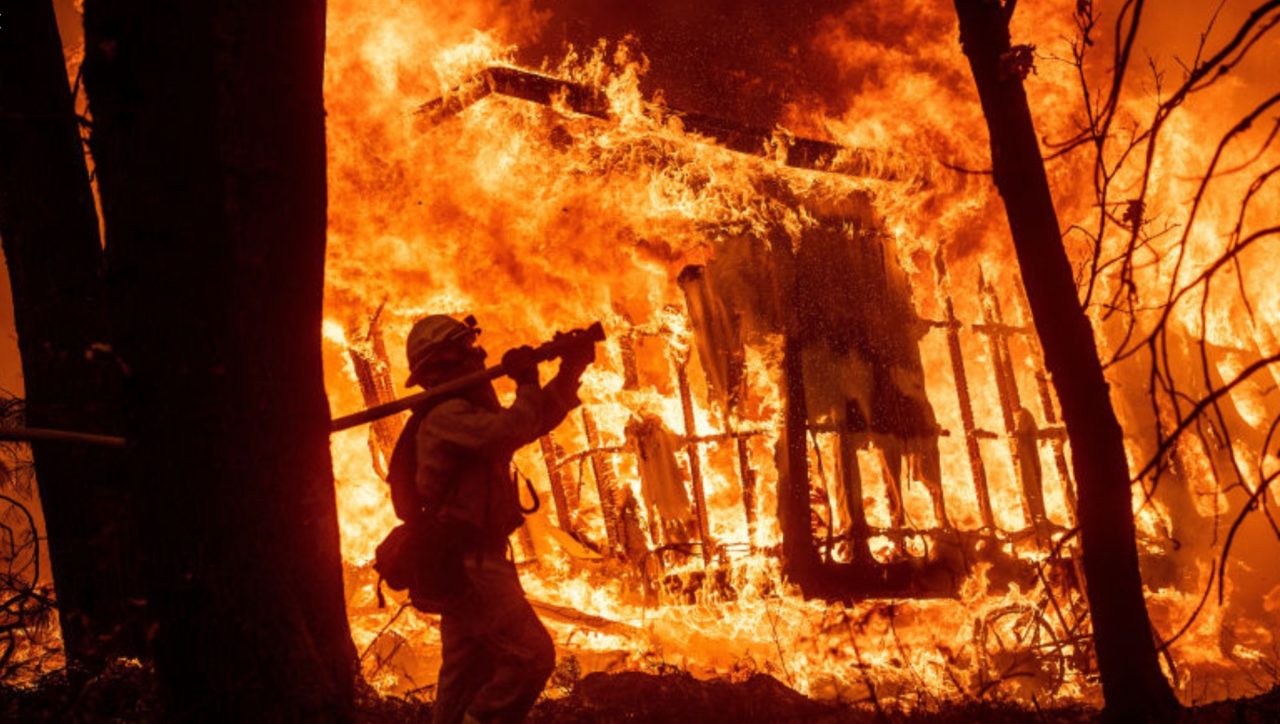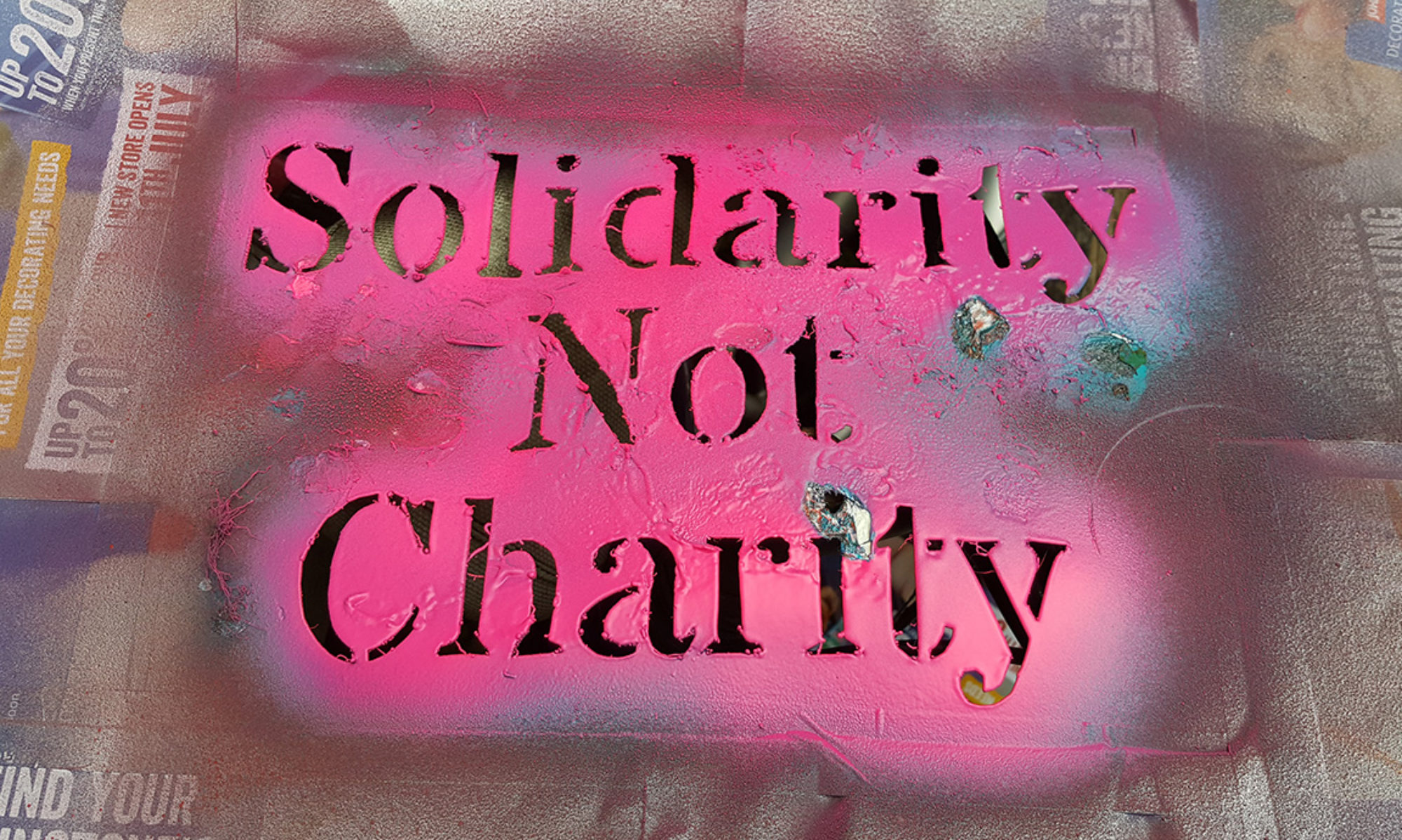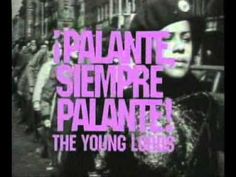I had the great pleasure of appearing on Democracy Now! today with my favorite thinker/talker/doer, Mariame Kaba, to talk about the growing network of mutual aid projects and pods responding to COVID-19, and the broader context of mutual aid in left social movements. Watch the whole episode at Democracynow.org!
COVID-19 Mutual Aid Resources

The COVID-19 pandemic is putting enormous pressure on almost everyone and causing a lot of generosity, care, and innovation to come to the surface as people try to figure out how to take care of each other. I hope that in this moment we will see an explosion of mutual aid efforts where we can all learn more about how to take matters into our own hands during disasters and build shared infrastructure that makes all the ongoing and coming disasters more survivable. Below is a list of some of the resources I have seen circulating. Please share these (and they include many lists of resources) on your social media threads and with friends and groups. There are lots of great ideas and models to replicate here.
This new map lets you find out about mutual aid projects all around the US.
This new guide from Mutual Aid Disaster Relief has great details on how to build mutual aid groups and how to share supplies safely with neighbors. Super practical info.
It’s Going Down (which is a wonderful resource for information about mutual aid efforts all the time, I recommend their podcast episodes on mutual aid during the CA wildfires and other disasters) published this very useful post with lots of links to mutual aid efforts and resources all over Canada and the US.
Here is a big resource list full of other resource lists with lots of great info on mutual aid and COVID-19.
And here is another one like that.
There is beautiful coordination happening right now with over 500 groups in the UK forming a mutual aid project network. Here is their site on how to form a group and do the work.
Here is great info on NYC COVID-19 mutual aid efforts.
Here is a guide from people in Medford-Sommerville on how to replicate what they are doing to create a neighborhood network.
Here is the COVID-19 DC Resource Toolkit.
Here is a resource on how to do door knocking to check on neighbors and form a network of care.
Here is a How to Build a Neighborhood Pod guide which I recommend reading alongside Rebel Sidney Black’s Podmapping for Mutual Aid guide.
Many people are doing fundraising and other mutual aid efforts for people who are losing work during this time. Check out these efforts to raise money for sex workers losing work in Seattle and New York. Here is a spreadsheet where people who are losing work can post their needs and those who have jobs not impacted by closures can send them money.
Also, a reminder for those starting new mutual aid groups, pods, and projects, that it is so important to focus not just on what we are doing together, but on how we are treating each other while we do it and how we can build groups that people stay in for the long haul. This means building strong group culture. Here are two resources that might help your group build some shared ideas about how you want the work to feel. This is a chart about organizational culture and this is a chart about ways of being in leadership that are based in mutuality, not dominance. And there are a bunch more resources about forming groups here.
It is also a GREAT TIME to write to people in prison. Check out these resources about how to find a pen pal in prison.
Share this video with friends and neighbors to start a conversation about mutual aid!
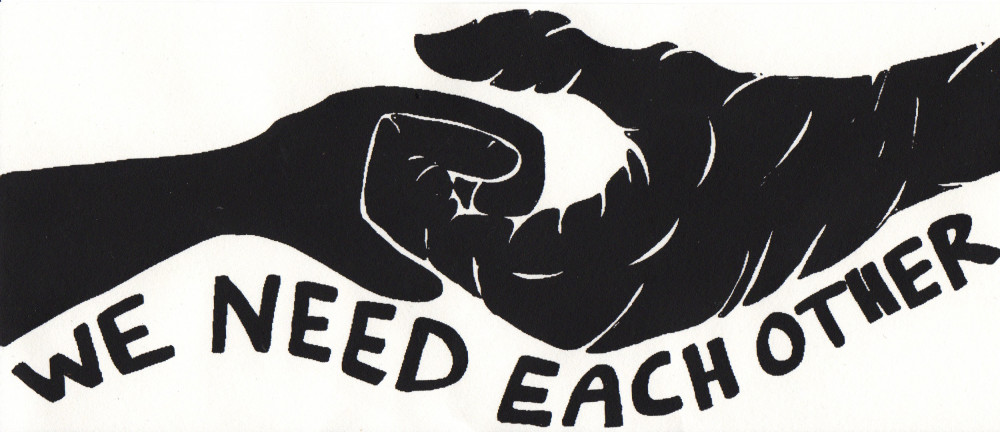
New Article on Mutual Aid!
Talking about mutual aid is so particularly compelling to me right now in a presidential election year. It feels like the presidential election demands so much passivity from us, asking us to watch celebrity drama unfold on a level we can do very little to impact, leaving many people frustrated and relatively helpless. Even if a candidate we prefer wins, our experiences show that justice and alleviation of material suffering for targeted people is unlikely to be delivered from the federal level. Mutual aid projects let us engage right now, at the most local level, to help each other with immediate needs and to mobilize us to practice politics rather than just consuming information about politics and talking about it. I think many people are craving ways to participate more fully and actively in making change.
Here is an article, just out from Social Text, I have been working on for the last couple years about mutual aid, digging into the themes that I have been exploring in recent talks, in this little animated video and in my fall 2019 class at University of Chicago. Many thanks to Hi′ilei Hobart and Tamara Kneese for co-editing this special issue on Radical Care, and to the journal’s managing editor Marie Buck, and to Roberto Sirvent for giving me feedback on a prior draft.
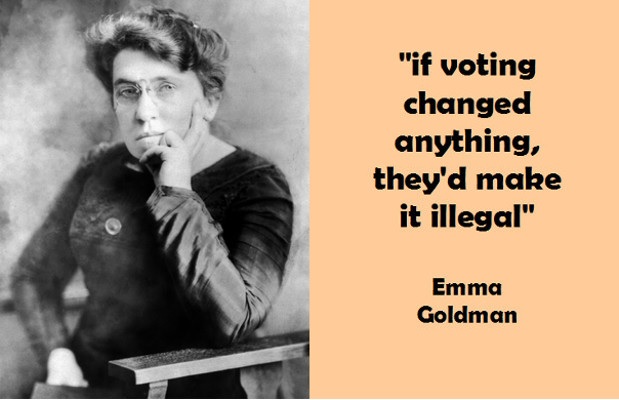
Reading Questions & Discussion Materials for Mutual Aid Syllabus
Mutual Aid Syllabus
I’m teaching a class this fall at University of Chicago called Queer and Trans Mutual Aid for Survival and Mobilization. Here is the syllabus. I will be posting the discussion questions and class exercises for each week here, so you can use them if you are reading along alone or in a reading group.
Queer and Trans Mutual Aid for Survival and Mobilization
Fall 2019, Prof. Dean Spade
Course Description
Widespread, effective social movements usually include mutual aid strategies as part of their work. Mutual aid is work that directly addresses the conditions the movement seeks to address, such as by providing housing, food, health care, or transportation in a way that draws attention to the politics creating need and vulnerability. Famous examples of mutual aid projects include the Black Panther Party’s Free Breakfast Program, the Young Lords Party’s hijacking of New York City’s tuberculosis testing mobile unit to bring TB testing to high-risk, medically neglected neighborhoods, and feminist organizing to provide underground abortions in the 1970’s. In this class, we will study histories of mutual aid projects and theories of mutual aid to learn how movements engage mutual aid strategies to help people survive and to mobilize people toward collective action. We will examine contemporary and historical queer and trans-focused mutual aid projects, including support for migrants, prisoners, psychiatric survivors, people with HIV/AIDS, and violence survivors. We will look at why mutual aid projects are often under-celebrated in contemporary narratives of social change, when compared with media advocacy and law and policy reform work. Using materials created by activists engaged in building mutual aid projects, as well as scholarly analysis of such efforts, we will look at what principles and methods characterize politicized survival work and how it intentionally departs from charity frameworks.
Required Readings
You should purchase the following books: Harsha Walia, Undoing Border Imperialism (AK Press 2013), Katie Batza, Before AIDS: Gay Health Politics in the 1970’s (University of Pennsylvania Press, 2018), Myrl Beam, Gay, Inc.: The Non-Profitization of Queer Politics (University of Minnesota press, 2018), Alondra Nelson, Body and Soul: The Black Panther Fight Against Medical Discrimination (University of Minnesota Press, 2011), The Young Lords: A Reader (ed. Darrell Enck-Wanzer) (NYU Press, 2010), The Revolution Will Not Be Funded: Beyond the Non-Profit Industrial Complex (ed. INCITE!) (Duke University Press: 2017), Max Rameau, Take Back the Land: Land, Gentrification, and the Umoja Village Shantytown, (AK Press 2013); Peter Gelderloos, Anarchy Works (Ardent Press, 2010). The bookstore cannot stock Anarchy Works, but you can order a copy at https://littleblackcart.com/index.php?dispatch=products.view&product_id=451.
Schedule (subject to change)
October 1
Young Lords, A Reader: pp. 9-15, 25-36, 56-70, 81-86, 133-144, 151-157, 163-166, 178-179, 185-207, 215-216, 218-222, 226-228.
Nelson, Body and Soul, 49-114.
Optional: Watch “The Black Panthers: Vanguards of the Revolution,” on Kanopy or at http://www.pbs.org/independentlens/films/the-black-panthers-vanguard-of-the-revolution/
Watch “COINTELPRO 101” at https://vimeo.com/15930463.
Listen to “50 Years After: The Student Strike that Changed Higher Ed Forever,” Code Switch Podcast, March 21, 2019, https://www.npr.org/sections/codeswitch/2019/03/21/704930088/the-student-strike-that-changed-higher-ed-forever.
October 8
Emily Hobson, Lavender and Red: Liberation and Solidarity in the Lesbian and Gay Left (University of California Press: 2016), Chapter 5, pp. 120-154.
Astra Taylor and Leah Hunt-Hendrix, “One for All: To avert global catastrophe, we urgently need to ressurrect the ancient idea of solidarity,” The New Republic, August 26, 2019, https://newrepublic.com/article/154623/green-new-deal-solidarity-solution-climate-change-global-warming.
Screening and discussion in class:
“¡Pa’lante Siempre Pa’lante!” (1996)
“Battle of Chile, Part 3: Popular Power” (1979) https://www.youtube.com/watch?v=CBMOPQMui8Q
October 15
Guest Speaker, Emily Hobson, author of Lavender and Red.
Batza, Before AIDS, Chapters 1, 2, 3, 5.
“I’m You, You’re Me,” video, 1992, https://vimeo.com/277354130
David Gilbert interviewed by Dan Berger, “Grief and Organizing in the Face of Represssion: The Fight Against AIDS in Prison,” in Rebellious Mourning: The Collective Work of Grief, (ed. Milstein), pp. 271-297.
October 22
Guest Speakers, Sharlyn Grace of the Chicago Community Bond Fund and Jason Lydon, founder of Black and Pink.
Beam, Gay Inc., Chapters 3, 4, and 5.
From The Revolution Will Not Be Funded:
Chapter 1: The Political Logic of the Non-Profit Industrial Complex, by Dylan Rodríguez
Chapter 10: Social Service or Social Change?, by Paul Kivel
Chapter 15: Non-Profits and the Autonomous Grassroots, by Eric Tang
Sylvia Rivera Law Project, “From the Bottom Up: Strategies and Practices from Membership-Based Organizations,” https://srlp.org/from-the-bottom-up-strategies-and-practices-for-membership-based-organizations/
October 29
Harsha Walia, Undoing Border Imperialism 37-78, 97-156.
Antonia Noori Farzan, “’We Stuck Together Like Neighbors are Supposed To’: A Community Thwarts Father’s ICE Arrest,” Washington Post, July 23, 2019, https://www.washingtonpost.com/nation/2019/07/23/we-stuck-together-like-neighbors-are-supposed-do-community-thwarts-fathers-ice-arrest/?fbclid=IwAR1Z__SgikQ83iB1wL9GaYC6bjoh0wNmmAp99C7tDYYcd_VTBZVv4Jftks0&noredirect=on
Marisa Franco, “On Direct Action and Trump’s Immigration Agenda,” Medium, July 23, 2019, https://medium.com/@marisa_franco/on-direct-action-and-trumps-immigration-agenda-ebbf9ec44994
Mijente, “Free Our Future: An Immigration Policy Platform for Beyond the Trump Era,” July 2018, https://mijente.net/wp-content/uploads/2018/06/Mijente-Immigration-Policy-Platform_0628.pdf
“Church (Sanctuary, Part 1)” and “State (Sanctuary, Part 2),” 99% Invisible Podcast, Episodes 249 and 250, February 2017, https://99percentinvisible.org/episode/church-sanctuary-part-1/, https://99percentinvisible.org/episode/state-sanctuary-part-2/.
Optional:
Tania Unzueta, “Real Sanctuary Demands More than Lip Service. Cities Must Step Up.” Truthout, April 17, 2019, https://truthout.org/articles/real-sanctuary-demands-more-than-lip-service-cities-must-step-up/.
November 5
Guest Speaker, Peter Gelderloos
Gelderloos, Anarchy Works.
Optional:
Crimethinc, Recipes for Disaster: An Anarchist Cookbook (2004) “Food Not Bombs” chapter, p. 248-257, https://we.riseup.net/assets/35370/crimethinc.recipes.for.disaster.an.anarchist.cookbook.pdf
Frontline Praxis Podcast, Episode 5, “Food Not Bombs with co-founder Keith McHenry, Part 1, Feeding a Revolution,” and Episode 6, “Food Not Bombs with co-founder Keith McHenry, Part 2, Compassion Needs No Permit.” (2019).
November 12
Guest Speakers from Red Canary.
YWEP, “Girls Do What They Have to Do to Survive: Illuminating Methods Used by Girls in the Sex Trade and Street Economies to Survive and Heal,” https://ywepchicago.files.wordpress.com/2011/06/girls-do-what-they-have-to-do-to-survive-a-study-of-resilience-and-resistance.pdf
Empower Foundation, “Hit and Run: Sex Worker Research on Human Trafficking in Thailand,” 2012, Introduction, Chapters 1 and 2, https://www.nswp.org/sites/nswp.org/files/Hit%20and%20Run%20%20RATSW%20Eng%20online.pdf
Review the website of SWOP Behind Bars: https://www.swopbehindbars.org/
Read the description of Whose Corner Is It Anyway? on this fundraising page: https://www.gofundme.com/w-ma-street-worker-leader-stipends?fbclid=IwAR1r-VbOIjLpCdjFoqBv-32P_9jp9OuH0ctO0d6YDDNnqBCKwDjUnIQ0oTM
November 19
“Workshop Facilitation Guide.” Mutual Aid Disaster Relief. Accessed January 1, 2019. https://mutualaiddisasterrelief.org/wp-content/uploads/2018/11/MADR-WORKSHOP-FACILITATION-GUIDE-rough-1.pdf.
Sophie Weiner, “The Grassroots Movement to Transform Our Broken Disaster Relief System,” Splinter News, November 21, 2018, https://splinternews.com/the-grassroots-movement-to-transform-our-broken-disaste-1830576143
“Autonomous Disaster Relief Organizing in the Wake of the #CampFire” November 26, 2018. In It’s Going Down (podcast). 59:26. https://itsgoingdown.org/organizing-in-the-wake-of-the-campfire/.
November 26
Guest Speaker, Z! Haukeness
Rameau, Take Back the Land.
View at least three videos from those posted here: “Take Back the Land’s Work,” Big Door Brigade, June 22, 2019, http://bigdoorbrigade.com/2019/06/22/take-back-the-lands-work/
Seattle Solidarity Network, “Building Your Own Solidarity Network,” http://libcom.org/files/seasol-pamphlet-expanded-US.pdf.
December 3
For this class, I proposed three potential topics and the students chose to focus on Climate Change but asked me to provide the readings for the other topics as well.
Climate Change
Jem Bendell, “Deep Adaptation: A Map for Navigating Climate Tragedy,” IFLAS Occasional Paper, July 27th 2018 https://www.lifeworth.com/deepadaptation.pdf
Todd Miller, Storming the Wall: Climate Change, Migration, and Homeland Security, (City Lights; 2017), p. 36-70, p. 71-105 is optional.
Movement Generation, “From Banks and Tanks to Cooperation and Caring: A Strategic Framework for a Just Transition,” https://movementgeneration.org/justtransition/
Raúl Ilargi Meijer, “Renewables Are Dead,” The Automatic Earth, May 6, 2019. https://www.theautomaticearth.com/2019/05/renewables-are-dead/
Jonathan Neale, “Social Collapse and Climate Breakdown,” The Ecologist, May 8, 2019, https://theecologist.org/2019/may/08/social-collapse-and-climate-breakdown
Optional:
Nafeez Ahmed, “The Collapse of Civilization May Have Already Begun,” Vice, November 22, 2019, https://www.vice.com/en_us/article/8xwygg/the-collapse-of-civilization-may-have-already-begun
Jem Bendell and Wolfgang Knorr, “Climate scientist speaks about letting down humanity and what to do about it,” July 31, 2019, https://jembendell.com/2019/07/31/climate-scientist-speaks-about-letting-down-humanity-and-what-to-do-about-it/
Bill Henderson, Why It Is Too Late for the Green New Deal (As Presently Invisioned), Resilience, May 30, 2019. https://www.resilience.org/stories/2019-05-30/why-it-is-too-late-for-the-green-new-deal-as-presently-envisioned/
Jem Bendell, “Acceptance and Evolution in the Face of Meltdown,” The Future Is Beautiful Podcast, https://www.thefutureisbeautiful.co/2018/12/27/e45-jem-bendell-on-deep-adaptation-climate-change-and-societal-collapse-acceptance-and-evolution-in-the-face-of-global-meltdown/
Transformative Justice
GenerationFIVE, “Ending Child Sexual Abuse: A Transformative Justice Handbook,” at http://www.generationfive.org/the-issue/transformative-justice/
“Building Accountable Communities” video series, Barnard Center for Research on Women, http://bcrw.barnard.edu/building-accountable-communities/
Mariame Kaba, “Navigating Call-Out Culture,” (pdf on Canvas).
Bench Ansfield and Jenna Peters-Golden, “Not Succeeding in Transformative Justice,” (pdf on Canvas).
Bay Area Transformative Justice Collective, “Pods and Podmapping Worksheet,” https://batjc.wordpress.com/pods-and-pod-mapping-worksheet/
BYP 100, “Summary Statement: Re: Community Accountability,” March 2017, http://transformharm.tumblr.com/post/158171267676/summary-statement-re-community-accountability
“What To Do Instead of Calling the Police: A Guide, A Syllabus, A Conversation, A Processs,” https://docs.google.com/document/d/1_Y0LwX0uOz-P63FVhV0OFkDObbBXcy16YPOcsqnBqto/edit
Shannon Perez-Darby, “The Secret Joy of Self-Accountability,” in The Revolution Starts at Home, (eds. Chen, Dulani and Piepzna-Samarasinha).
Stevie Peace and the Team Colors Collective, “The Desire to Heal: Harm Intervention in a Landscape of Restorative Justice and Critical Resistance,” in Uses of a Whirlwind: Movement, Moments and Contemporary Radical Currents in the United States, AK Press 2010, (pdf on Canvas).
INCITE!, “Community Accountability Working Document,” http://www.incite-national.org/page/community-accountability-working-document
Cheyenne Neckmonster, “What to do when you’ve been called out: A brief guide,” https://archive.org/stream/what-to-do-when-youve-been-called-out#page/n1/mode/2up
wispy cockles, “Taking the First Step: Suggestions to People Called Out for Abusive Behavior,” http://soaw.org/index.php?option=com_content&view=article&id=613
“Lessons from the Anti-Violence Movement,” video series in the Queer Dreams and Nonprofit Blues video series, Barnard Center for Research on Women, available at http://www.deanspade.net/2014/02/28/queer-dreams-and-nonprofit-blues-lessons-from-anti-violence-movements/.
Many, many more resources available at https://transformharm.org/transformative-justice/.
Building Horizontal Organizations
Sylvia Rivera Law Project, “From the Bottom Up: Strategies and Practices from Membership-Based Organizations,” https://srlp.org/from-the-bottom-up-strategies-and-practices-for-membership-based-organizations/
Dean Spade, “Burnout: What It Is and Some Ways to Address It in Ourselves and Our Organizations,” September 25, 2019 http://www.deanspade.net/2019/09/25/burnout-what-it-is-and-some-ways-to-address-it-in-ourselves-and-in-organizations/
Dean Spade, “Organizational Structures that Support Accountability and Keep Us Away from Disposability,” 2017, https://docs.google.com/document/d/1whMGW4ThVjQVJIFnWEPSDWimpE-4T9WcDQuD5ZnjM5M/edit
Dean Spade, “Practicing New Social Relations, Even in Conflict,” August 6, 2018, https://medium.com/@francesslee/practicing-new-social-relations-even-in-conflict-dean-spade-54d4a60fcfed
Dean Spade, “Organizational Culture Chart,” December 18, 2018, http://www.deanspade.net/2018/12/18/what-it-is-like-inside-our-organizations/
Dean Spade, “Leadership Qualities that Support Mutuality and Collaboration,” September 25, 2019, http://www.deanspade.net/2019/09/25/leadership-qualities-that-support-mutuality-and-collaboration/
War Resisters International, “Techniques for Consensus Decisionmaking in Large Groups: The Spokepersons Council Method,” 2010, https://wri-irg.org/en/story/2010/techniques-consensus-decision-making-large-groups-spokespersons-council-method
Marina Sitrin, Horizontalism: Voices of Popular Power in Argentina, (AK Press 2006) https://libcom.org/files/Sitrin%20(Ed.)%20-%20Horizontalism%20-%20Voices%20of%20Popular%20Power%20in%20Argentina.pdf
CT Butler and Amy Rothstein, On Conflict and Consensus: A Handbook on Formal Consensus Decisionmaking, https://theanarchistlibrary.org/library/c-t-butler-and-amy-rothstein-on-conflict-and-consensus-a-handbook-on-formal-consensus-decisionm
Watch this Webinar on Mutual Aid and Video on Disaster Relief in Hurricane Florence
A couple weeks ago, Showing Up for Racial Justice organized a webinar where I presented some ideas about mutual aid and answered questions from activists working on mutual aid projects. You can watch the webinar here.
I also want to share a short video that SURJ made talking to one of their members, Shaun, about mutual aid disaster relief after Hurricane Florence. If you want to see the longer interview from which this short video was cut, you can watch here.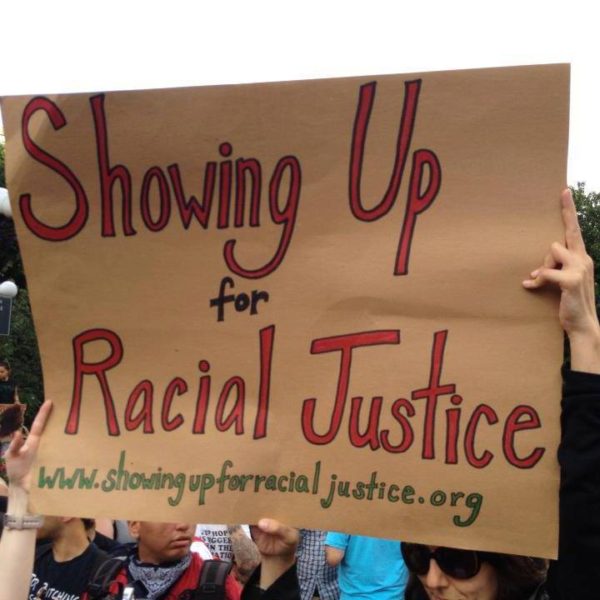
“I’m You, You’re Me,” 1992 Documentary about HIV/AIDS Mutual Aid Work between Imprisoned and Released Women in NY State
Through a conversation with Emily Hobson, author of Lavender and Red (an excellent book that includes brilliant examination of queer/trans mutual aid strategies) I just learned about this beautiful documentary, “I’m You, You’re Me,” which captures the work of women in New York State prisons supporting each other with a range of issues, especially around HIV/AIDS, during imprisonment and after release. A brilliant librarian at Seattle U found the documentary online, which was way beyond my powers.
Bail and Bond Funds!!
I am so moved by the work being done all across the US to bail and bond people out of prisons, jails, and immigration prisons. Here are some resources that were sent to me by brilliant people at the National Bail Fund Network.
Here is a best practices guide for setting up legal defense funds.
Here is an awesome guide for community bail funds in the criminal legal system. And keep your eye out because the National Bail Fund Network has a similar guide coming soon for immigration bond funds in about two weeks!
Here is a directory of community bail and bond funds that are regularly posting bail/bond and organizing for the end of detention in multiple forms across the country.
Here is info on the National Bail Out Collective, which organizes bail out events like the annual Black Mama’s Bail Out day.
Thanks to all the work people are doing to create these important resources for replicating this work!
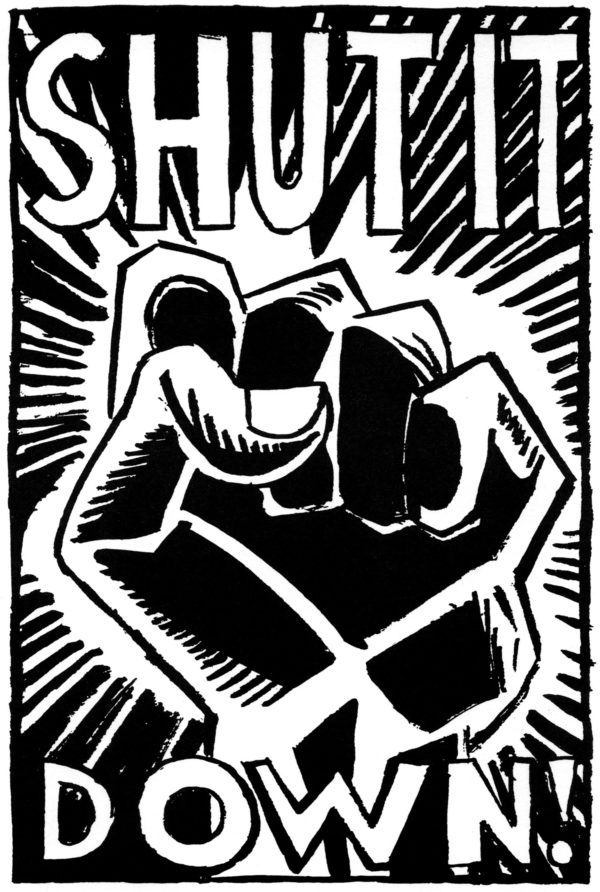
Mutual Aid in Action: Blocking ICE!
I was moved by this story of neighbors coming together to block ICE from arresting an immigrant living in Nashville. The story also talks about other recent efforts by ordinary people to stop ICE arrests.
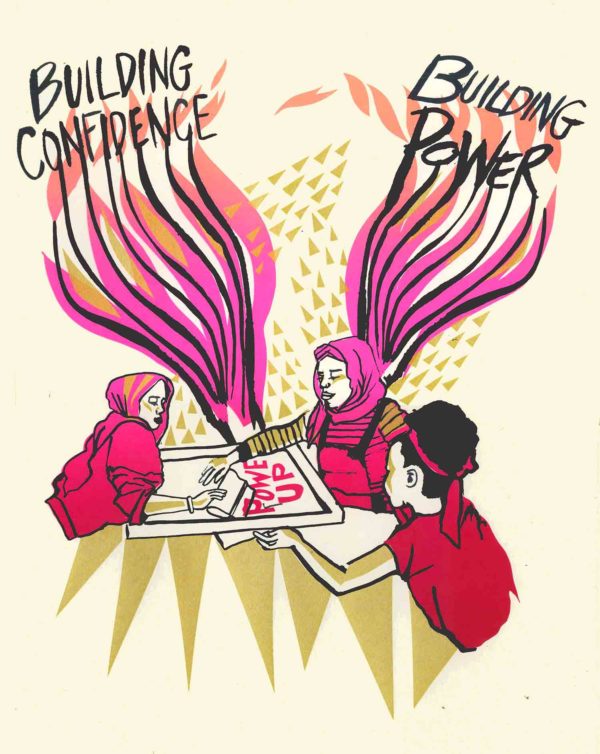
Also, don’t miss this recent article by Marisa Franco from Mijente, helping us think through what strategies are most useful in this time and how to deploy them. Some highlights:
Taking a step back to address the big picture strategy of this time, I orient around three core strategies: reduce harm (stop deportation cases, get people out of detention even if its one person at a time), throw a wrench into the machine (target companies or groups that enable detention and deportation) and win at the ballot box (mobilizing the vote to elect people dedicated to real and bold change). In all of this we also have to hold the following orientation: roll with the punches — be ready to respond to, or take opportunities, as they come. . . .
When it comes to direct action tactics, here are three types I have been thinking a lot about: Sustained, Spectacle and Disruption. When I think about whether or not an action is ‘worth it’ I think of a couple of different criteria (not listed in order of importance): Is it going to engage new people (bonus points for folks who are new to activism) in a meaningful way? Does it reduce harm to (or at least provide a platform for) people who are directly affected? Will it expose enablers of the Trump agenda? Because Trump might not care about the optics of jailing babies, but surely some of the customers or constituents of companies, politicians, and groups who enable his agenda do.
Mutual Aid in Fire Season
With fires burning in Alaska, I am thinking about the mutual aid projects that emerged in California last summer to support people suffering from smoke and fire. This article talks about North Valley Mutual Aid and Mask Oakland in the context of anarchist theories of mutual aid. A good read! I also want to generally recommend the It’s Going Down Podcast, especially this episode on disaster relief efforts, and this episode specifically about mutual aid in response to the Camp Fire.
